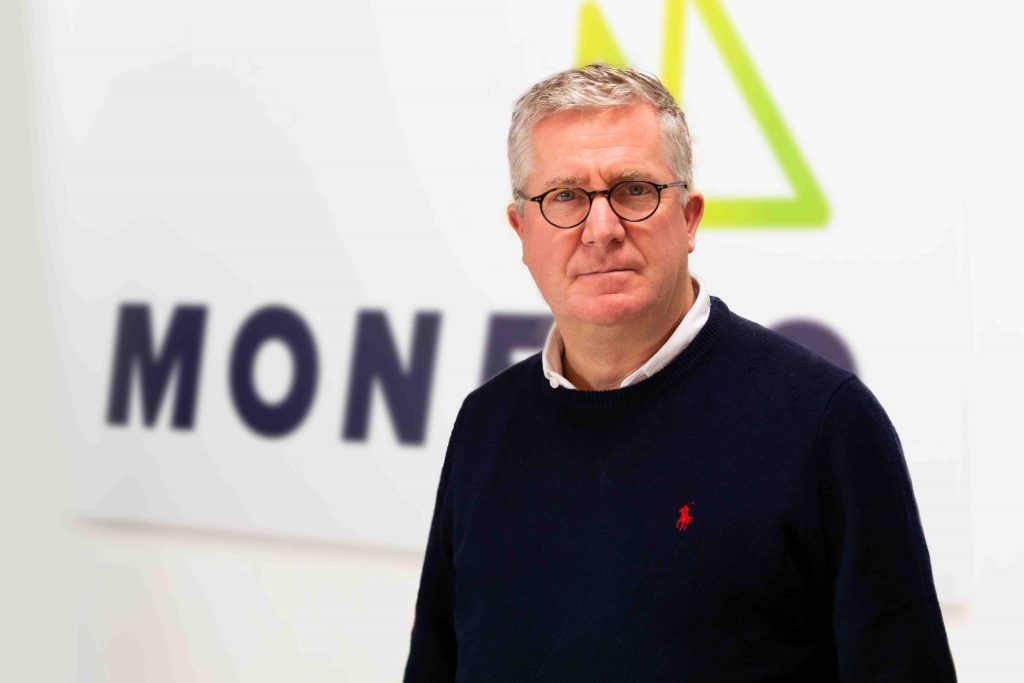COULD the coronavirus pandemic spark a financial crisis similar to that which was seen in 2008? Tim Kirby, Group Commercial Director of the global fintech Monevo, a personal lending marketplace and platform, discusses how Covid-19 could play out for lenders.
The 2008 financial crisis, explains Kirby, was about credit over-exposure. While strains are apparent in the money markets today, it is not 2008, when risky mortgage investments in the US banking sector and into the UK caused everything to collapse.
Kirby said: “The financial crash was self-inflicted for many reasons, including poor income verification, poor credit quality assessment and poor employment verification (self-certification). It was asset-backed predominantly as it was led by sub-prime mortgage lending.
“My thoughts are that once the virus is contained, the economy will most likely turn back on within a few months, however recovery to current levels will be somewhat longer.”
Kirby predicts that it is very possible this downturn will be shorter than the 2008 financial crisis based on a number of factors.
He said: “The financial crash was either at a house purchase level or encouraging debt consolidation through re-mortgaging that placed unsecured debt into secured debt over a longer term. The consumer then ramped up unsecured debt again with the same poor assessment applied and eventually ran out of headroom.
“This was propped up by the capital markets and warehouse funding lines being supported through securitisation models that rated the loans held in the bonds as AAA.”
Kirby adds that the coronavirus outbreak is more micro and consumer-led than the recession was.
“There is still a great deal of uncertainty, but consumers are certainly going to experience affordability difficulties in the short-term, perhaps three to six months,” Kirby explains. “Lenders are already tightening their criteria and that could lead to more tactical initiatives being introduced.”
Kirby points to the potential introduction of black-listing certain occupation types most affected, and reducing opening balances to applicants that they are most prepared to lend to.
He said: “At Monevo, we have been speaking to lenders who are predicting a 50% slow down, with some pausing to assess short-term strategies, as clearly there are aspects of credit / risk scorecards that aren’t working at the moment.”
Kirby also adds that access to capital markets will be a challenge in the short term: “Lenders who don’t lend off balance sheet may become constrained and you would have to question the Peer-to-Peer lender impact as the returns and appetite of investors could be under threat.”
“Additionally, those lenders nervous about funding certain cohorts of consumers, now have those very same consumers currently in their loan books.
“So, for lenders, focussing on forbearance and other support activity to protect these consumers in the short term of 3-6 months, will be a priority.
Kirby takes the view that it is important lenders relieve some repayment pressure from consumers in the short term, so they can rehabilitate when the new normal arrives.
“Lender feedback in the last week is that they haven’t seen a massive increase in defaults, it’s very early days though. Anecdotal feedback from lenders that are strong and well-funded is that they expect strong growth when the market returns, and that those who are optimised and agile will see an upswing.
“What I am hearing, is that consumers will remedially seek liquidity through debt, as the world normalises to address the short-term pain being experienced at present.”
Kirby adds that lenders who look at credit risk closely when the upturn comes in three to six months could see dramatic growth, albeit from a reduced base.
He added: “From Monevo’s perspective, day trading is difficult to predict and lenders are re-assessing short-term strategies. We are using the time at present to apply additional focus on our internal tech pipeline in driving the product development roadmap forward to continue to deliver great solutions for our partners.
“We want to ensure when normality returns and the upswing in both demand and supply inevitably happens, that we are supporting our origination partners and the lenders on our panel as effectively as possible.”

